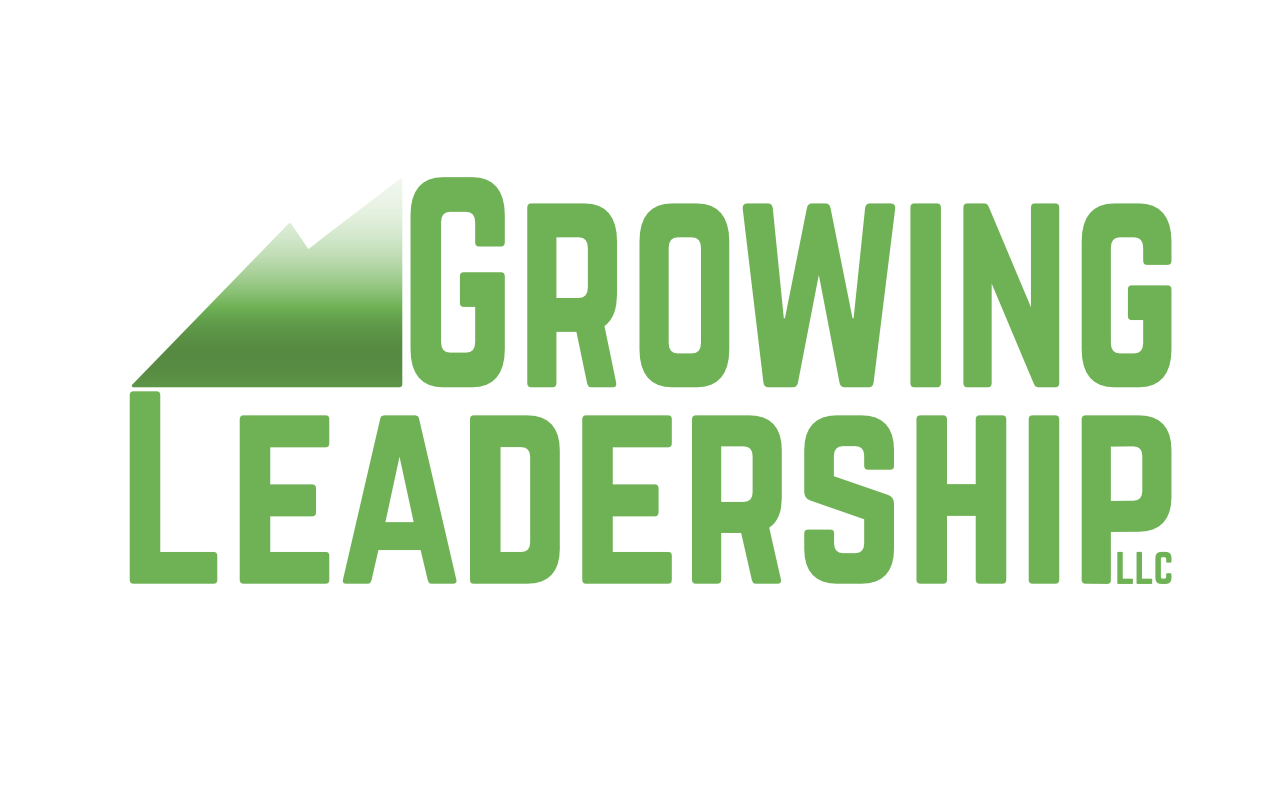It is awfully easy to fall into a funk of despair when you consider workplace dissatisfaction on top of problems like political polarization. But, as one commentator observed, being human is holding on to hope and despair at the same time. Engagement and hope are connected, too. So, change is on us – if we don’t like what we see, it is our responsibility to act.
Read MoreA positive work climate starts at the top with leaders investing time in people and showing that they care. A core skill is empathy, which Inc.com columnist Justin Bariso describes as, “understanding others’ thoughts and feelings to help you connect with them. . . . to see things through their eyes.” How are you doing when it comes to applying empathy, curiosity and listening skills in your life and work?
Read MoreConstantly checking your phone can be a distraction, reactively diminishing minutes (adding up to hours) that could be applied proactively to important tasks. I recommend, too, that businesses clarify expectations on reading and answering work emails during off-hours. People need a break from work to recharge their batteries, avoid burnout, and maintain high levels of productivity! This necessitates a paradigm shift
Read MoreI wrote previously that courage to change is a fundamental aspect of growing as a person and leader. Lately, I have been thinking about social change, especially as it applies to our dysfunctional politics. Our country is suffering from declines in social capital, civic education, manners/kindness, and basic conversation/interpersonal skills that are feeding this problem. Are you willing to contribute to finding a way past this difficult challenge? Read more in my recent column in NH Business Review.
Read MoreA key leadership competency is effectively solving problems and teaching problem solving skills to others. This includes recognizing problems as they occur, understanding when to intervene, analysis and solutions development, training skills, and a willingness to step in when required. Of course, we all want to avoid having problems whenever possible. It is thus important to adopt a “Five P Philosophy”. . .
Read MoreTwo years ago, I reflected on my time in West Africa during the Ebola epidemic and the leadership by US Ambassador Alex Laskaris who demonstrated an array of key skills. Now, we are witnessing key leadership skills in action by Ukraine’s President Zelensky who is modeling important lessons for all leaders about communicating and responding during a crisis.
Read MoreAccording to the 2021 Gallup workplace survey, only 34% of American workers are engaged in their work, and 16% are actively disengaged. That leaves 50% of American workers in the "not engaged" category – putting in time, but not the energy or passion to maximize success. This is hardly what you want for your business or organization! You can read more on this topic in my recent column in New Hampshire Business Review: https://read.nhbr.com/nh-business-review/2022/02/25/#?article=3939334
Read MoreEmbracing the courage to change is a fundamental aspect of growing as a person and as a leader. Of course, personal change is easier said than done. We are all creatures of habit, and changing habits takes time and commitment. Growing as people requires us to look for positive opportunities to change. These are some areas that many of us can work on. . .
Read MoreAn important work skill that is not sufficiently emphasized is “managing up.” It is important to get to know your boss as a person, building a relationship and trust. Consider your supervisor’s perspectives, try to walk in their shoes, and anticipate their needs. Get to understand the boss’s work style, what kind of communications, info, etc. he/she likes, trying to adapt your style to meet the boss’s preferences. Try, too, to make the boss look good to their boss.
Read MoreAre you effectively managing your time to ensure that you are working smarter rather than longer? Are you ensuring that you have enough time for the most important activities? Stephen Covey reminds us to “put first things first” in his classic “The Seven Habits of Highly Effective People.” The urgent/important matrix he describes is a useful way to approach this challenge. You can read more in my full column here.
Read More
